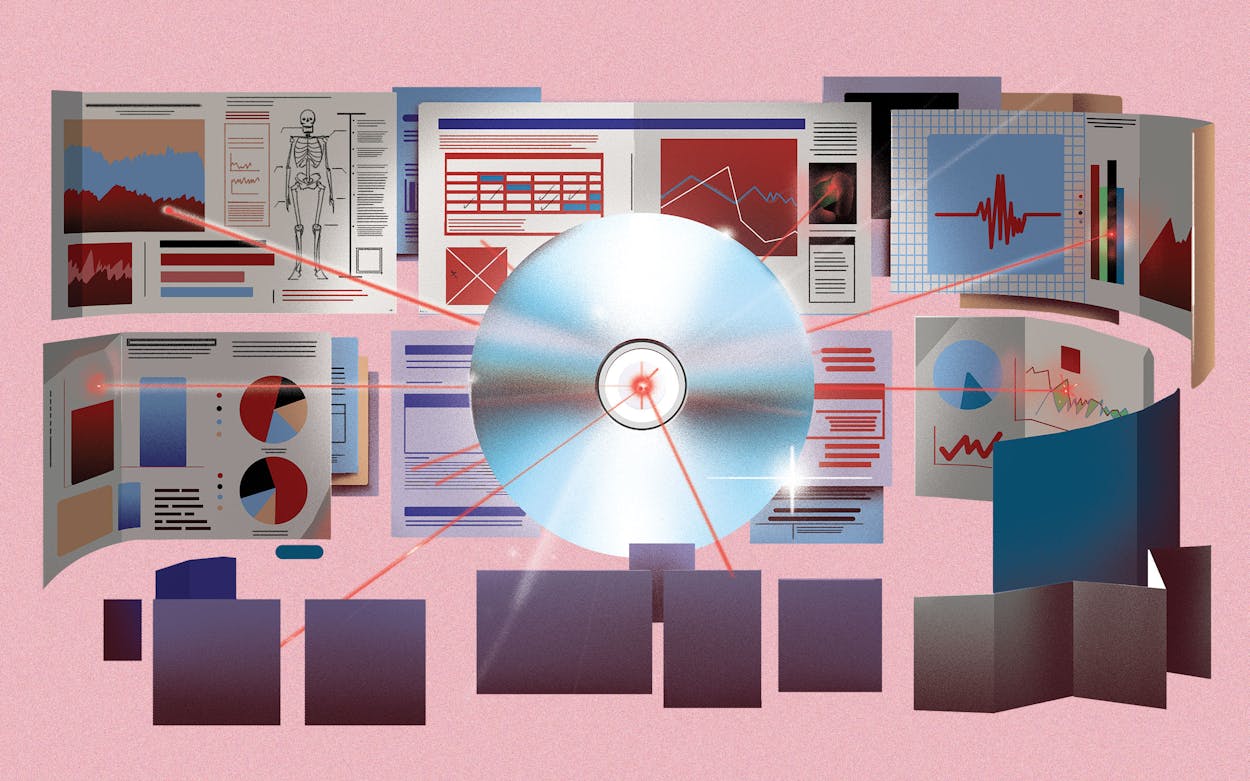Sarma Velamuri, an internal medicine doctor in Houston, has seen hundreds die from sepsis, but no case hit him as hard as the death of a friend’s 22-year-old daughter. She’d been admitted to his hospital with pneumonia and placed on a ventilator when her heart unexpectedly stopped. After an hour of trying to revive her with chest compressions, “I had to tell my friend his daughter died of septic shock,” Velamuri said.
When Velamuri later studied her medical record, “I realized that all these nurses and physicians did their jobs exactly right,” he said, yet all the data needed to predict septic shock was in her record—if only there were a tool to analyze it. He’d already been looking for such screening software, as a member of the sepsis committees at Baylor College of Medicine, in Houston, and Kindred Hospital–Houston Medical Center. “That was the worst day of my life,” he said. “I was really angry that the software didn’t exist.”
He decided to develop it himself. Existing tools would trigger alarms about potential sepsis, but none explained why the condition was suspected, so those warnings were frequently ignored. Velamuri wanted something better. Eight years after he first sought such a tool, his company, Luminare, makes software that uses metrics in patients’ medical records—such as body temperature, heart rate, white blood cell count, and mental state—to detect an overreaction of the immune system. It then prompts nurses to conduct further sepsis screenings and to follow the hospital’s protocols if the patient has severe sepsis.
Luminare plans to seek FDA approval, but the software is already in use in five hospitals without needing that clearance because the company doesn’t make claims about lives it’s saved or treatment recommendations. Cornerstone Specialty Hospitals–Clear Lake reported decreases of 12 percent in mortality and 27 percent in life-threatening emergencies in its first year of using Luminare, though the hospital couldn’t necessarily attribute the declines to the software.
Tara Haelle is an independent science and health journalist based in Dallas. She’s the author of The Informed Parent and Vaccination Investigation: The History and Science of Vaccines.
This article originally appeared in the July 2021 issue of Texas Monthly with the headline “Crunching Data to Save Lives.” Subscribe today.







